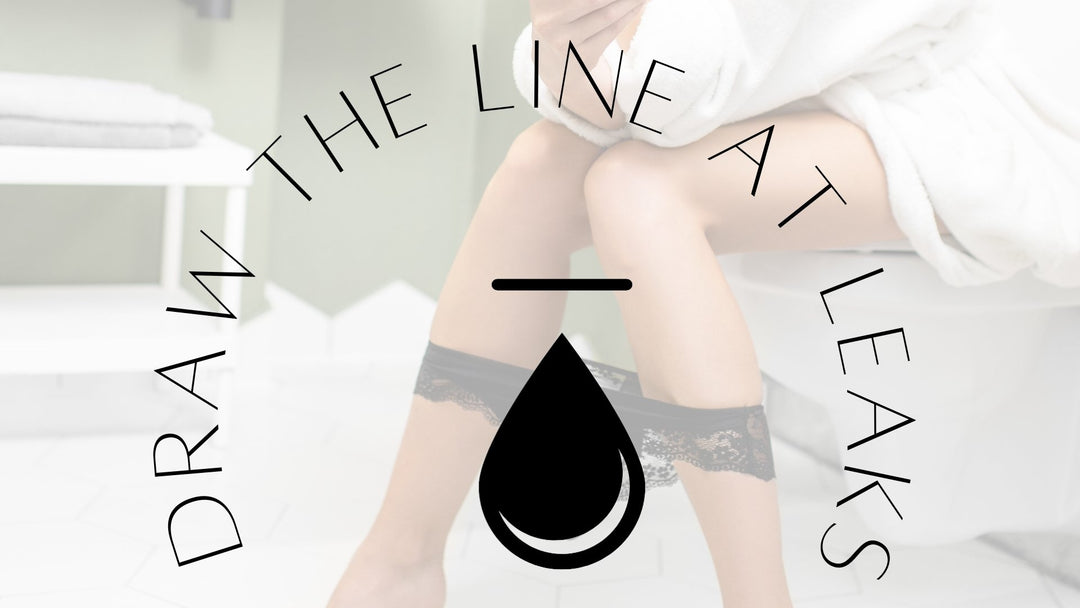Pain "Down There?": It May Be Vulvodynia
Period cramps are one thing, but what about pain, itchiness, tenderness, etc. in the vulva area?
During one's period, it is not unusual to experience discomfort on the outside of your vagina, also known as the vulva. The vulva, according to the American College of Obstetricians and Gynecology, is the external genitalia.
However, discomfort and pain of the vulva that persists for 3 months or more may be a condition known as vulvodynia - chronic pain or discomfort around the opening of your vagina (vulva) for which there's no identifiable cause and which lasts at least three months (Mayo Clinic, Jul 23, 2020). On first pass, it's not uncommon to believe there may be an infection or skin condition occurring, due to the location and symptoms. However, vulvodynia is a condition all on its own unrelated to other diseases or conditions.

What Exactly Does Vulvodynia Feel Like?
Like many conditions, symptoms of vulvodynia can vary. The most common symptoms are described as burning, stinging, irritation, and rawness (American College of Obstetricians and Gynecologists, N.D.).
Additionally, one may also experience aching, soreness, throbbing, and swelling. Pain may be experienced by all of the vulva or focused on a specific area. Moreover, symptoms may be intermittent (come and go), experienced only upon being touched, or can be more regular and consistent.
Why Does Vulvodynia Happen?
Vulvodynia is unrelated to a sexually transmitted disease or infection, and although the reason behind why it occurs is still being researched, some of the suspected causes include, but are not limited to:
- Injury or irritation of the nerves that transmit pain signals
- Increased numbers of pain sensing nerve fibers
- Elevated levels of inflammatory substances in the vulvar area
- Pelvic floor instability
Treating Vulvodynia
There are many treatment options for vulvodynia ranging from non-invasive to surgery. Some of these treatments include the following:
- Discontinuation of anything known to irritate the area(s)
- Topical ointments, creams, and anesthetics
- Oral pain relievers
- Pelvic floor therapy
- Nerve Blocks
- Surgery
- Complementary therapy including acupuncture
- Counseling
One or a combination of these therapies may be prescribed by a licensed medical provider to ease the pain and discomfort associated with vulvodynia.
Have you heard of this condition prior to today? What are your thoughts? Let us know!
Cheers!
Your Below the Belt Health blog is for informational purposes only. It is not and should not be construed as medical advice. Always speak to a licensed medical provider for any health concerns you may have before taking any medications or changing your routine.







